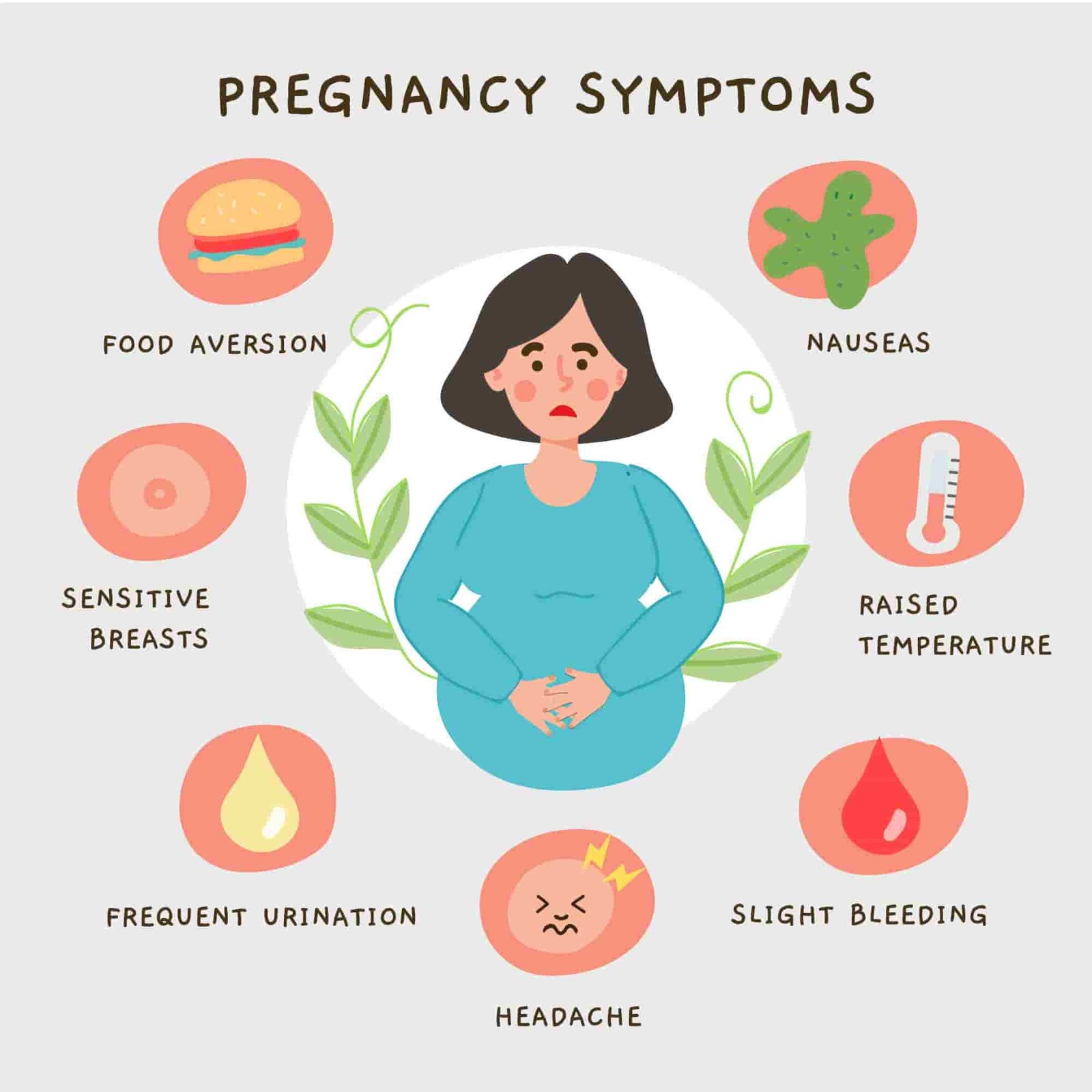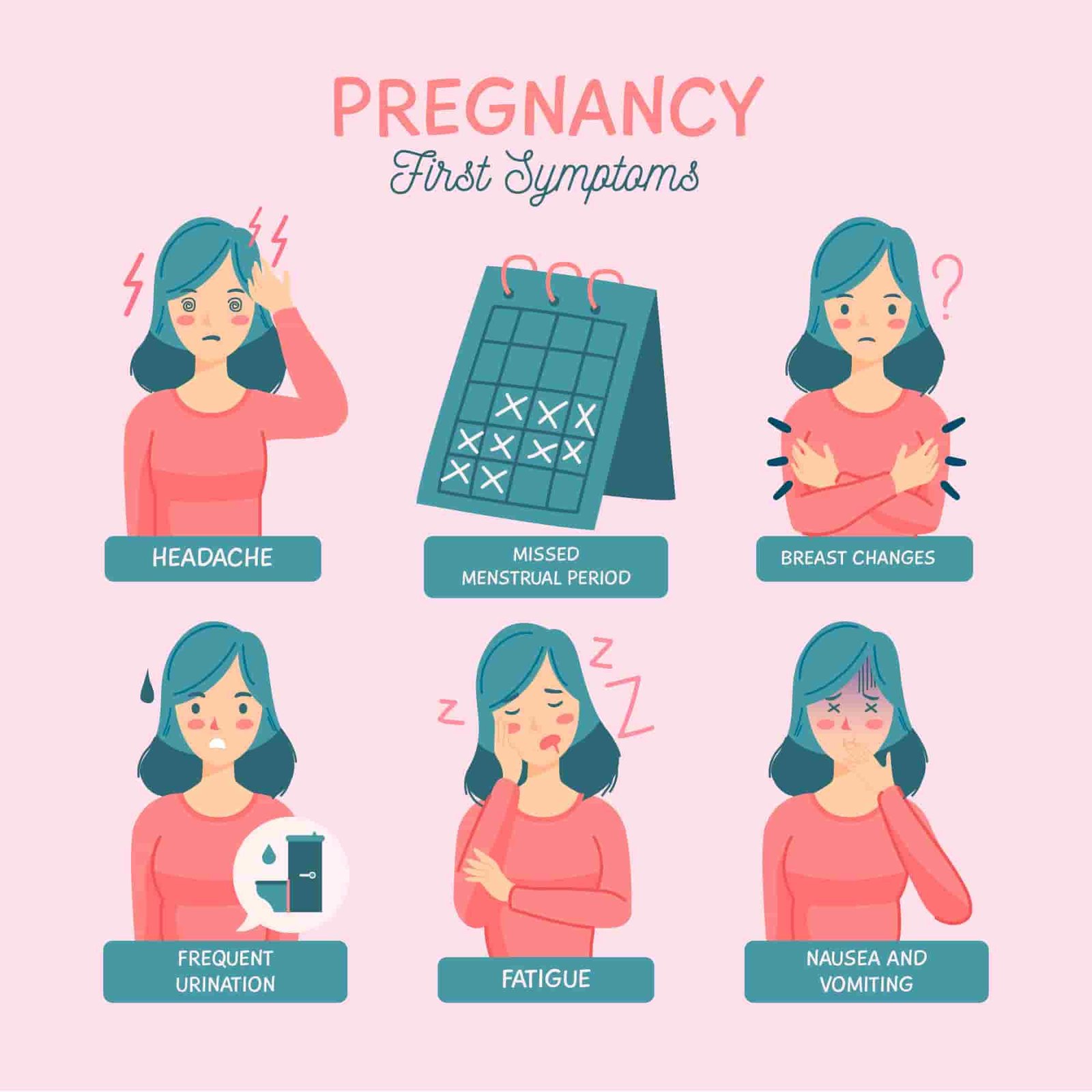What is Fasting?
Fasting, in its most basic form, is a voluntary abstinence from food and drink or a reduction in food intake over a specific period. It’s been practiced for millennia for religious, health, and even political reasons. Now, isn’t that a bite of historical trivia?
Different Types of Fasting
There are several types of fasting, each with its unique parameters. From Intermittent fasting, alternate-day fasting, to time-restricted eating, and more. Each fasting style has its own set of rules, but they all have one thing in common: they highlight the importance of what you eat during your non-fasting hours.
Importance of Fasting Food
Nutritional Requirements During Fasting
When fasting, your body needs the right nutrients to maintain its functions. It’s like a car: you wouldn’t expect it to run without gas, would you? Similarly, your body needs fuel to function, and the quality of that fuel matters.
Benefits of Proper Fasting Food
Eating the right fasting food can enhance the benefits of fasting. It can help maintain energy levels, promote fat loss, preserve muscle mass, and support overall health. It’s like hitting multiple birds with one stone.
Ideal Foods for Fasting
Hydrating Foods
While fasting, it’s crucial to keep yourself hydrated. Consuming hydrating foods like cucumbers, watermelon, and oranges can help you reach your hydration goals. These foods are like your body’s personal water reservoir.
Protein-Rich Foods
Including protein-rich foods like eggs, lean meats, and legumes in your meals can help preserve muscle mass and keep you feeling full longer. It’s like having a bodyguard that keeps hunger at bay.
Fiber-Rich Foods
Fiber-rich foods like whole grains, vegetables, and fruits are essential. They help you feel full and support digestive health. Think of fiber as the traffic controller of your digestive system.
Foods to Avoid During Fasting
Fasting isn’t a free pass to binge on junk food during non-fasting hours. Foods high in sugar, unhealthy fats, and processed foods are best avoided. Remember, fasting is more like a marathon, not a sprint.
Tips for Healthy Fasting
Meal Planning and Timing
Planning your meals and eating on a consistent schedule can help control hunger and maintain energy levels. It’s like having a road map for your fasting journey.
Hydration is Key
Drinking plenty of water is essential during fasting. Water not only keeps you hydrated but also aids in digestion and nutrient absorption. Consider it as your lifeline during fasting.
Listen to Your Body
Every body is unique and will respond differently to fasting. Pay attention to your body’s signals. Feeling dizzy or overly tired? You may need to adjust your fasting plan or eating habits. After all, your body is the best indicator of your health.
Fasting Doesn’t Mean Starving
It’s important to remember that fasting is not about starving yourself but rather about giving your digestive system a break. Think of it as a vacation for your gut, but make sure you’re well-prepared for the trip!
Conclusion
Fasting, when done right, can provide numerous health benefits. But the key is in the fasting food. Choosing the right foods, staying hydrated, and listening to your body’s signals are all crucial elements of a successful fasting regime. So the next time you plan on fasting, remember: it’s not just about when you eat, but also what you eat. Let’s make fasting a nourishing experience, not a grueling one!
Frequently Asked Questions
1. Can I drink water during fasting?
Yes, in most types of fasting, water intake is encouraged and essential to stay hydrated.
2. Is it normal to feel weak during fasting?
Feeling slightly weaker than usual can be normal during the initial days of fasting. However, if it continues or you feel dizzy and unwell, it’s important to seek medical advice.
3. Can I exercise during fasting?
Yes, light exercises can be done during fasting. However, it’s essential to listen to your body and not to overexert yourself.
4. Can fasting lead to weight loss?
Yes, when combined with a balanced diet, fasting can contribute to weight loss. But remember, it should be a part of a healthy lifestyle, not a quick fix.
5. What should be the first meal after fasting?
The first meal after fasting should be balanced and not too heavy. Include proteins, good fats, and hydrating foods. It’s like breaking your fast with a gentle “welcome back” meal for your digestive system.








